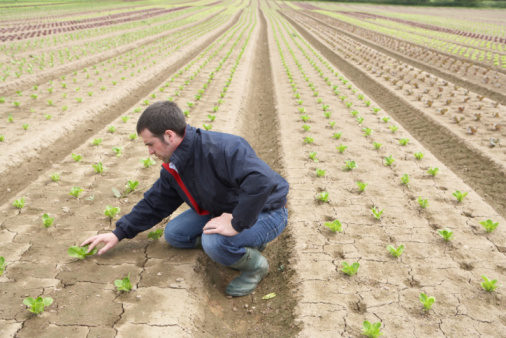Farms that produce organic food are economically viable on a long-term basis, and are perhaps more profitable than conventional farms, according to new research. The study, conducted by the University of Minnesota and recently published in Agronomy Journal, analyzed 18 years of crop yields and other farm data. Findings included a lower risk of poor returns for organic corn and soybean crop rotations than for conventional rotations.
Higher crop yields were not primarily responsible for the superior profitability of the organic farms in the study. Instead, the price premiums associated with the sale of organic food created the margin. When the current organic premium prices were in play, the average net return on organic plots came in at $538/acre, compared with $273/acre from a comparable conventional plot.
Importantly, the organic advantage remained even when the price premiums were cut in half. This element was included to see how organic might fare if the margin between organic and conventional prices were to lessen. “There is always a concern that the premiums that organic farmers receive will evaporate as more farms decide to transition. Indeed, if demand for organic products stopped growing and more farms transitioned, organic prices would probably fall,” says Timothy Delbridge, the lead author of the study and a doctoral student in Applied Economics at the University of Minnesota. He adds, however, that high prices for some conventional crops may be slowing the rate of transition to organic, and that there is little reason to believe organic farming won’t maintain profitability into the future.
Previous studies of this kind have examined smaller farm plots over shorter periods, so this trial’s longevity and the relatively large size of the plots studied (165 feet by 92 feet) make it more valuable. Delbridge thinks the type of evidence the study offers may sway organic producers on the fence about a switch to organic production. “Though this study isn’t meant to reflect or predict the financial success of any single organic crop farm, I imagine that farmers considering transition would be encouraged by the consistently competitive yields and lower costs observed in the organic system,” he says.
Published in WholeFoods Magazine, November 2011 (online 9/14/11)










